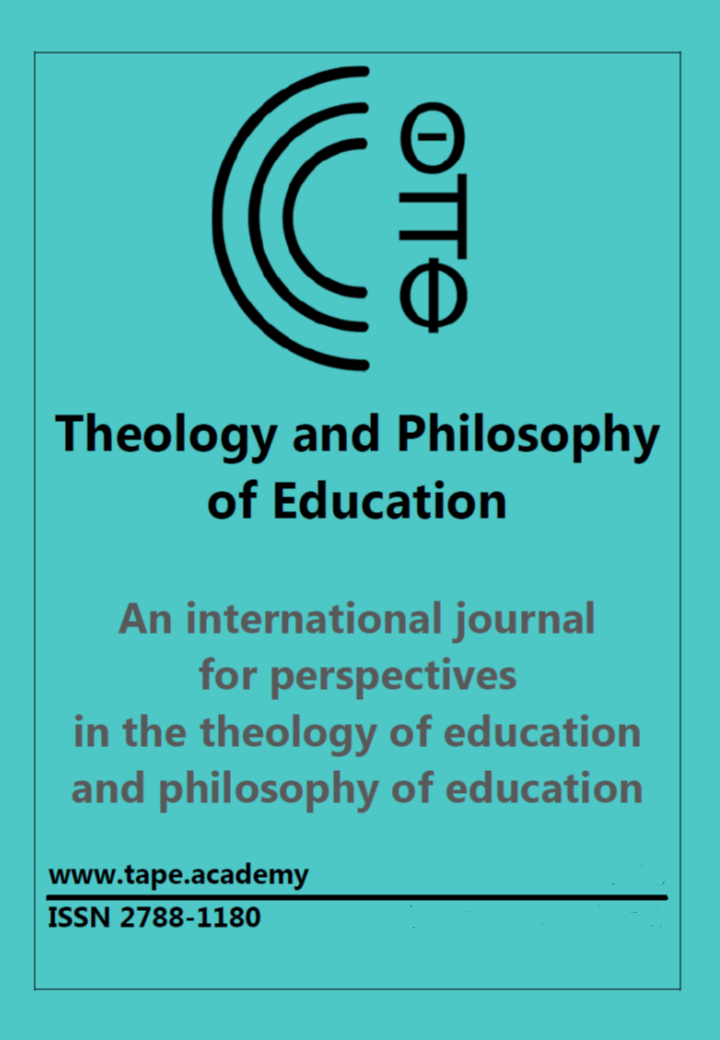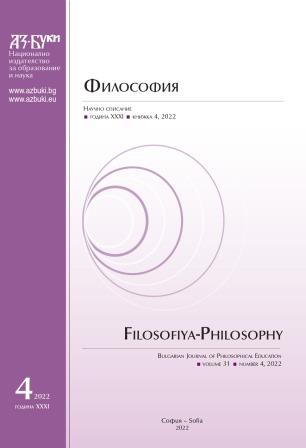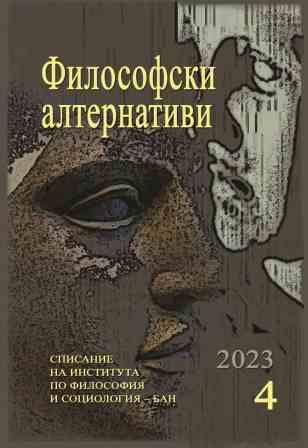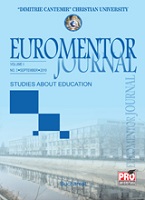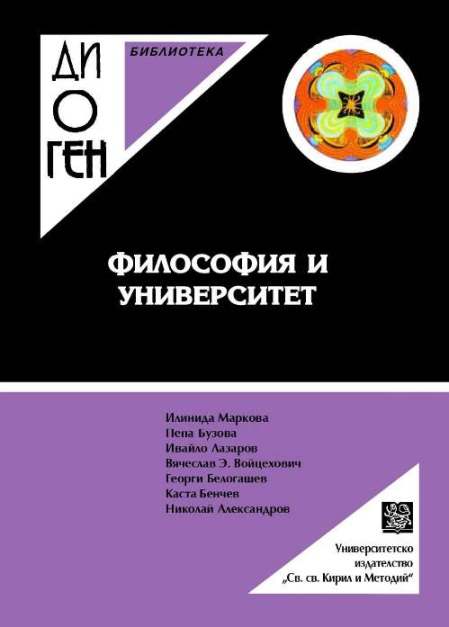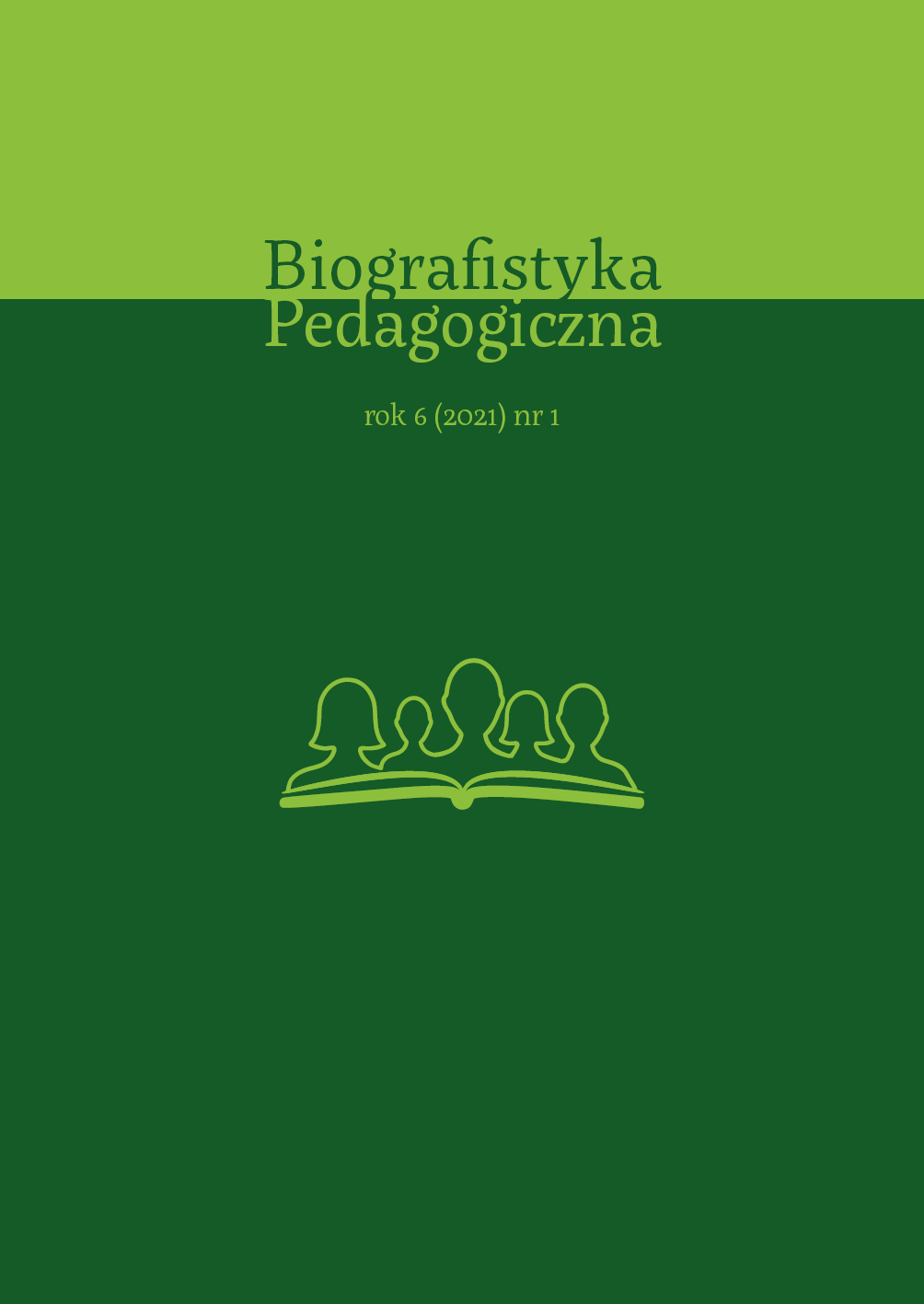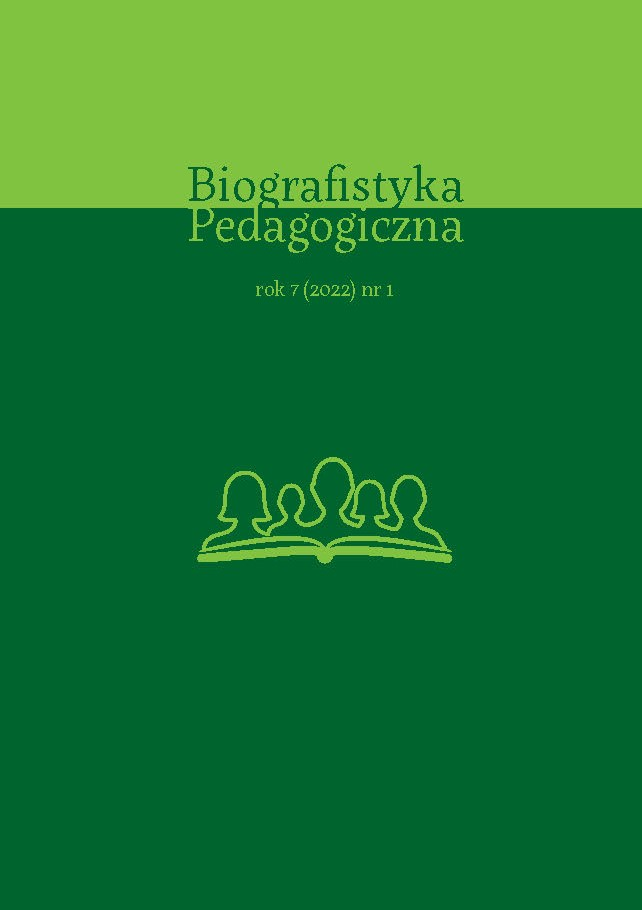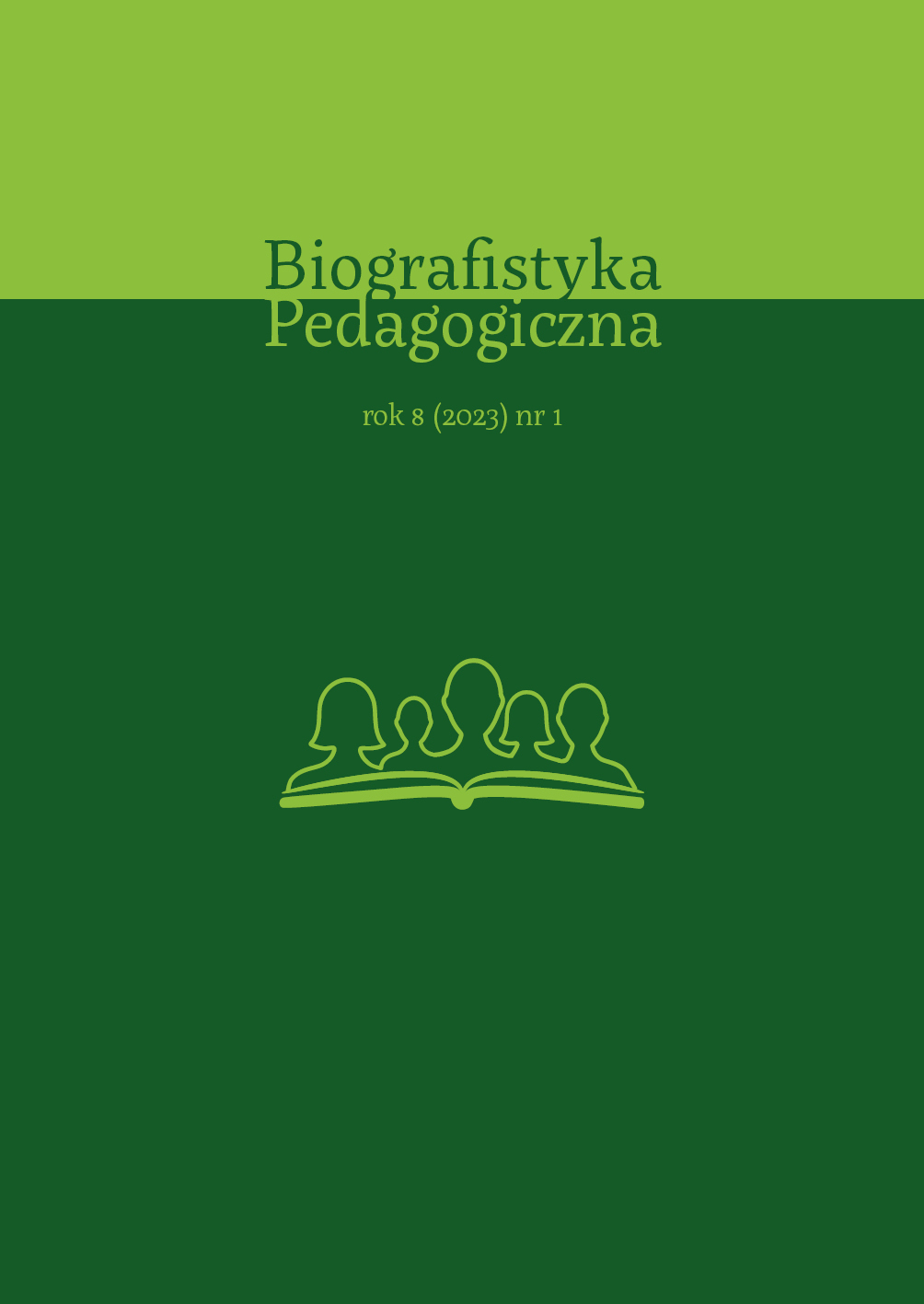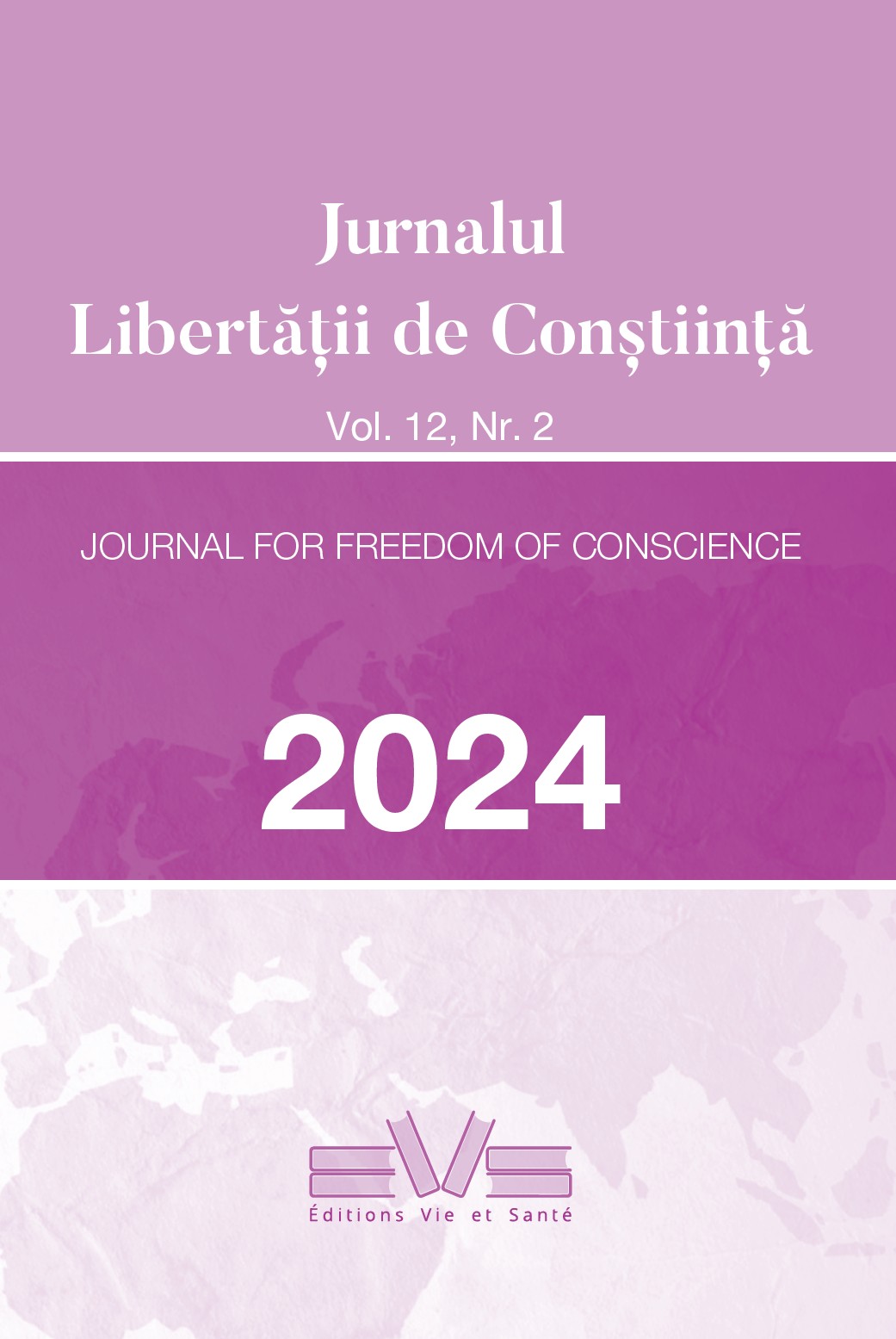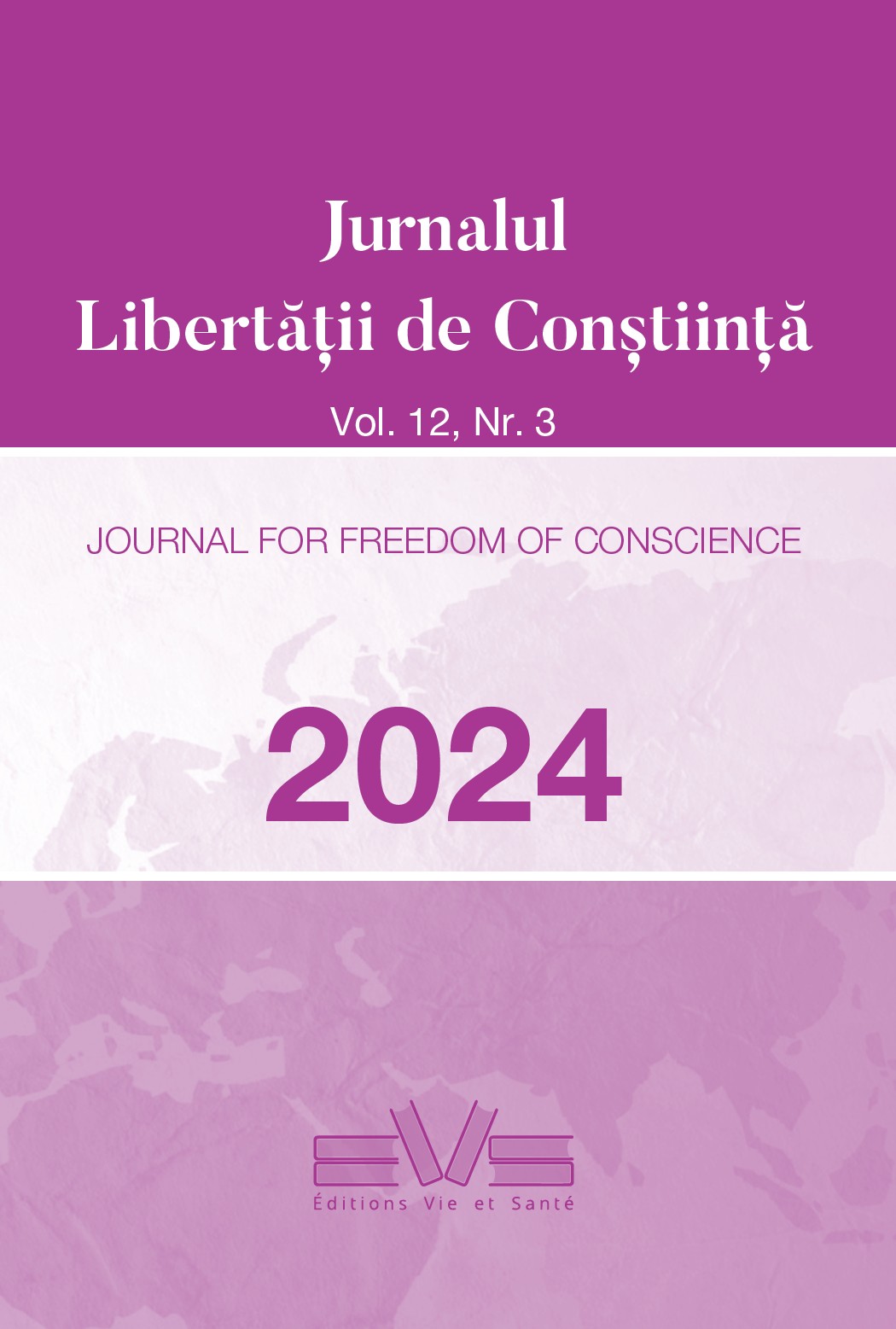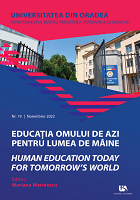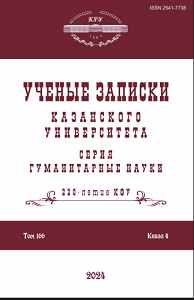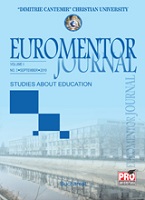
PERCEPTIONS AND RESEARCH ON EDUCATION INEQUALITIES: FROM ANCIENT PHILOSOPHICAL THOUGHT TO THE CONTEMPORARY SOCIOLOGICAL APPROACHES
Equality of opportunity presupposes that no personal characteristic should constitute an obstacle to achieving certain goals. Specifically in the field of education, the ideology of equalizing social opportunities and thus safeguarding a successful outcome to all young people regardless of their social class, gender, religion, ethnicity background or physical and mental disabilities stems from the theories of ancient Greek philosophers. However, this ideology has been mainly elaborated during the second half of the 20th century through the systematic research work undertaken within the academic disciplines of Education, Sociology and Political Sciences. This paper presents the first theoretical approaches to educational inequalities and the most important relevant contemporary research, which led to the formulation of the mainstream view concerning the role of school as a mechanism for safeguarding social justice.
More...
